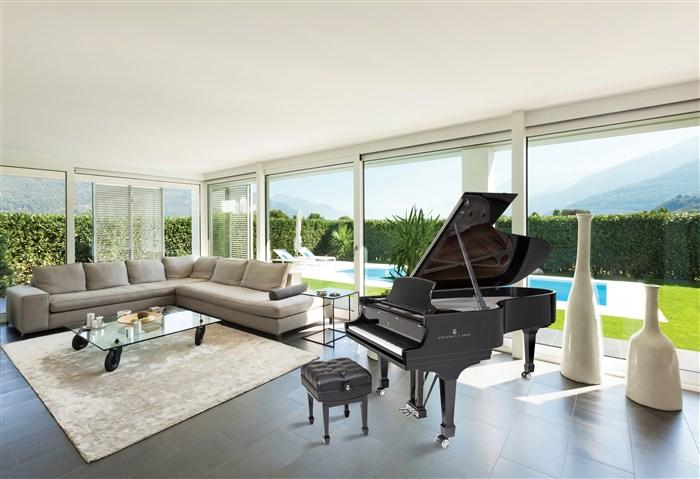A luxury property purchase is a bit different from a regular home purchase. The stakes are higher: paper trails become very important, viewing homes in person is critical, and you’ll be introduced to a ‘secret market’ of sorts with buyers who do not want to put their homes for sale publicly.
We have compiled the 5 best tips to help first-time luxury buyers and seasoned property investors find their perfect luxury home.
1) Enlist a trusted agent
A trusted agent who knows the ins and outs of the local area should always be your first port of call when searching for a property. However, your agent can do more than simply take you around the neighbourhood on property viewings. A good estate agent will know what homes are for sale that aren’t actually on the market. Many high-net-worth individuals, for the sake of preserving their privacy, choose not to list their homes online. Instead, they let news that the home is for sale travel by word of mouth. A good estate agent will always know what’s going on in the local area, and will be able to tell you about these homes.
2) Have your finances in order
A luxury house is like a boat: the initial cost won’t be the thing that breaks you, it will be the constant upkeep. The agent (and the bank) will want to know that you can not only afford to purchase the property but that you can afford to live there. You’ll be asked to prove your income, and may need to submit statements about your spending habits.
3) Know the difference between a freehold and a leasehold
This is important, especially if you’re purchasing a home in central London. Purchasing a property that is freehold (without a lease) means that you can carry out any renovations on the property that you’d like to, and you can pass that property on to any family members or friends. A leasehold property is a bit more complicated. Most leaseholds last between 99-999 years, but some leaseholds can be as short as 40 years. When you purchase a leasehold, you’ll be required to pay the following: ground rent, maintenance charges for common areas, part of the building insurance, and a premium to extend your lease. In addition, you’ll need to get permission from the leaseholder to carry out any major renovations on the property.If you know you’re likely to see your property in a few years, a leasehold may be a fine option, but if you’d like to think of your property as a permanent investment, a freehold property will give the flexibility you require.
4) Check the home carefully
A high-end property might be located in a prolific neighbourhood, but do your homework when you walk around the house. How new are the fixtures and fittings, as well as the white goods? Many luxury homes are older homes and may need some refurbishment. Make sure that you factor in the cost of upgrades when you purchase the property. There is a common misconception that high-value homes will be completely free of mould or other infestations. Luxury properties are just as susceptible to other properties for these kinds of issues, so be sure to check all homes you view very carefully.
5) Use a trusted solicitor
Finding the right solicitor is a crucial part of the luxury property transaction, as these transactions are heavily scrutinised. The amenities most luxury properties provide (swimming pool, additional buildings, etc.) can make the purchasing process very complicated. Your solicitor should be able to construct a detailed paper trail for the property. Due diligence is critical. Should you wish to make additional renovations to the property, you’ll need to apply with the property paperwork. Your solicitor should be able to help with this.



